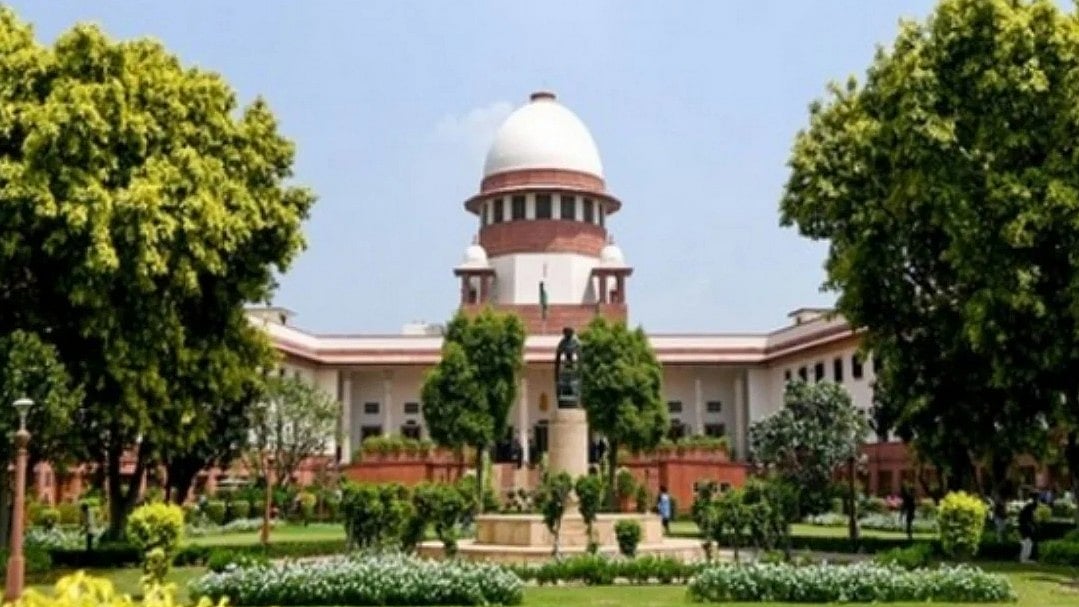Defamation Law Under Scrutiny
A two-judge bench led by Justice MM Sundresh, and also comprising Justice SC Sharma, said this as it issued notice to a Jawaharlal Nehru University professor in the matter of a case against a news portal.

No Re-Exam For Civil Judge Recruitment, Says Supreme Court To Madhya Pradesh High Court |
The Supreme Court’s observation that it may be time to decriminalise defamation is loaded with possibilities, as courts across the country face a slew of such cases. A two-judge bench led by Justice MM Sundresh, and also comprising Justice SC Sharma, said this as it issued notice to a Jawaharlal Nehru University professor in the matter of a case against a news portal. The professor had filed the defamation suit in 2016 against an article that had alleged that the academic, along with a group of professors, had compiled a dossier that claimed that JNU was a ‘den of organised sex rackets’ and other wrongdoings. This is the second round of litigation in the case. The top court asked senior counsel Kapil Sibal, who is representing the news portal, how long this will drag on while suggesting that the law be decriminalised. Sibal agreed, saying a large number of individuals were facing prosecution under the law while mentioning a case against Congress leader Rahul Gandhi that was under the court’s consideration. Criminal defamation continues to exist under Section 356 of the newly minted Bharatiya Nyaya Sanhita, which replaced Section 499 of the Indian Penal Code. India is among the few democracies where defamation is a criminal offence, as most countries provide civil solutions. The Supreme Court had, however, upheld the constitutionality of criminal defamation in 2016 after challenges to the law by Subramanian Swamy, Rahul Gandhi and Arvind Kejriwal.
In recent years, there has been a sharp rise in criminal defamation cases, with individuals taking umbrage at criticism of political leaders. Cases are filed in distant courts, making it difficult for the accused. This surge in cases has implications for free speech too, as the fear of litigation may curb freedom of expression. Rahul Gandhi was convicted in a defamation case filed by BJP functionary Purnesh Modi for his remark at a rally in Karnataka that was a supposed slight to Prime Minister Narendra Modi. A Gujarat court convicted him and awarded him a two-year jail sentence that led to his disqualification from the Lok Sabha. The top court stayed the conviction with a bench, headed by Justice BR Gavai, stating that neither the trial court nor the Gujarat High Court had given any reason for awarding the maximum sentence of two years’ imprisonment to the Congress leader. This led to Rahul Gandhi’s disqualification being overturned and him being reinstated as the MP. The decriminalisation of defamation, if it comes to pass, will have far-reaching consequences for free speech and the media. Under pressure from an increasingly litigious political class that reacts to even the slightest whiff of criticism, the media has its task cut out in a bid to report without fear or favour.
RECENT STORIES
-
-
-
-
-